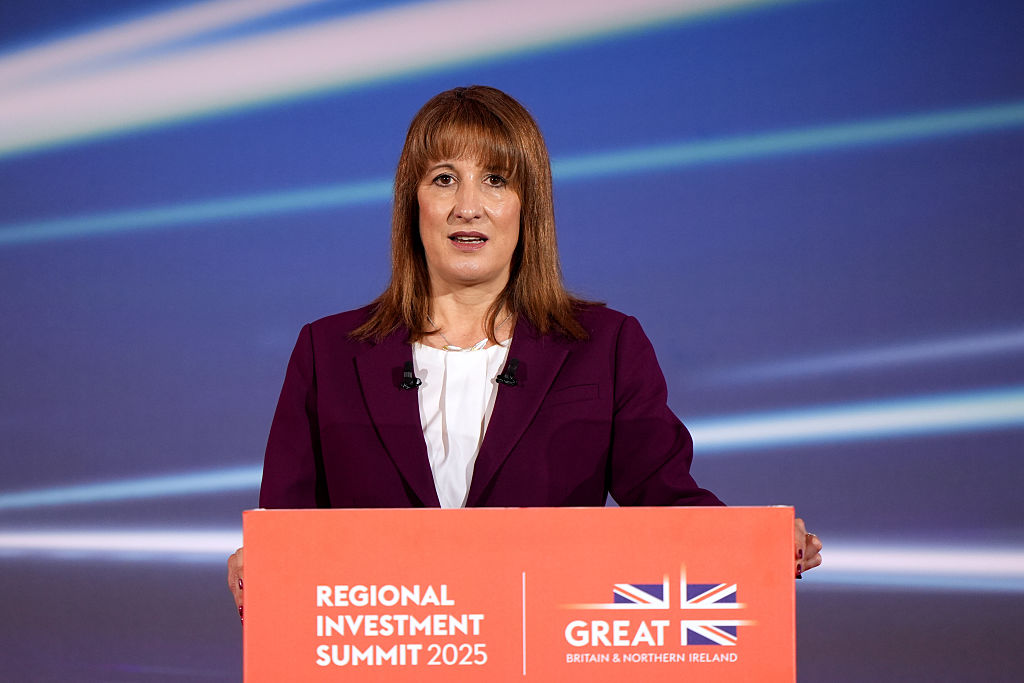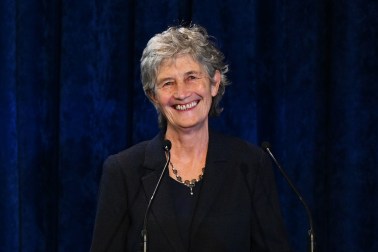Rachel Reeves is reportedly looking at a 2p increase in income tax. The hike to the basic rate – paid on earnings between £12,571 and £50,270 – would take it from 20 per cent to 22 per cent. That’s still quite low by historic standards, despite the overall tax burden heading towards record highs. But it would also mean a clear and significant breach of Labour’s manifesto commitment, made just 14 months ago, not to raise the big three taxes. Would it be enough to get the Chancellor out of her fiscal hole?
The Institute for Fiscal Studies recently put the size of that hole – that needs to be filled to get back to the £10 billion of headroom Reeves left herself with in the Spring – at £22 billion. According to the tax ready reckoner used by the Treasury a 1p increase to the basic rate nets the Chancellor £8.2 billion in 2028-29. So a 2p increase gets you well onto the way to filling the hole.
Whilst politically difficult, many economists see a need for it. Even the tax-cutting American Arthur Laffer told me on the launch episode of my new show Reality Check that if she really has no way, politically, of cutting the size of the state then it makes much more sense to raise taxes on a broader base of people. The alternative: niche taxes on specific industries or groups just piss people off, drive wealth creators away and starve economic growth.
If Reeves does raise the basic rate, though, it’s unlikely she’ll stop there. Much of the fiscal chaos of recent years has stemmed from how little room for error Chancellors have left themselves after each Budget or Statement.
As I first reported if Reeves were to go even further and find enough revenue to come up with headroom of £15-20 billion then markets would be reassured and gilt yields could significantly fall. A half percentage point drop on those yields could cut the cost of servicing government debt by £5 billion a year which gives her that little bit of room to manoeuvre. I understand the Treasury is incredibly keen on this idea.
To get there it seems almost inevitable that she’d also extend the freezes to the thresholds at which people start paying tax and when they’re dragged into higher rates. Extending that freeze by another two years would give her just shy of another £10 billion to play with.
But there are two major economic problems with this strategy, before even getting to the politics. First, it only works once. It’s hard to imagine another round of threshold freezes and income tax hikes being tolerated in an economy already on the brink of stagflation. Second, pulling hundreds of thousands more workers into higher tax bands through fiscal drag will only deepen the cost-of-living crisis.
Politically though, if you’re going to hike rates at all – and break your promise not to – why not go for as much money as you can as early as you can. The criticism she’ll receive for pushing rates up by 2p would be the same as if she were to only go for a 1p increase yet obviously double the revenue she’d generate.
Then again, all this speculation could simply be expectation management – even if the Treasury denies it. Terrify the public with talk of income tax rises ahead of the November Budget, then benefit from relief when the Chancellor surprises everyone by leaving rates untouched.
Either way tinkering with tax may buy the Chancellor a few years of fiscal breathing room but it would only delay – not solve – the fundamental crack in the foundations of Britain’s state: we spend far far far too much. The hundreds of billions going on sickness benefits, an NHS with terrible outcomes, and unsustainable pensions cannot be maintained in an economy that has forgotten what productivity growth looks like. Until someone confronts that, fiscal crisis will never be far away.








Comments